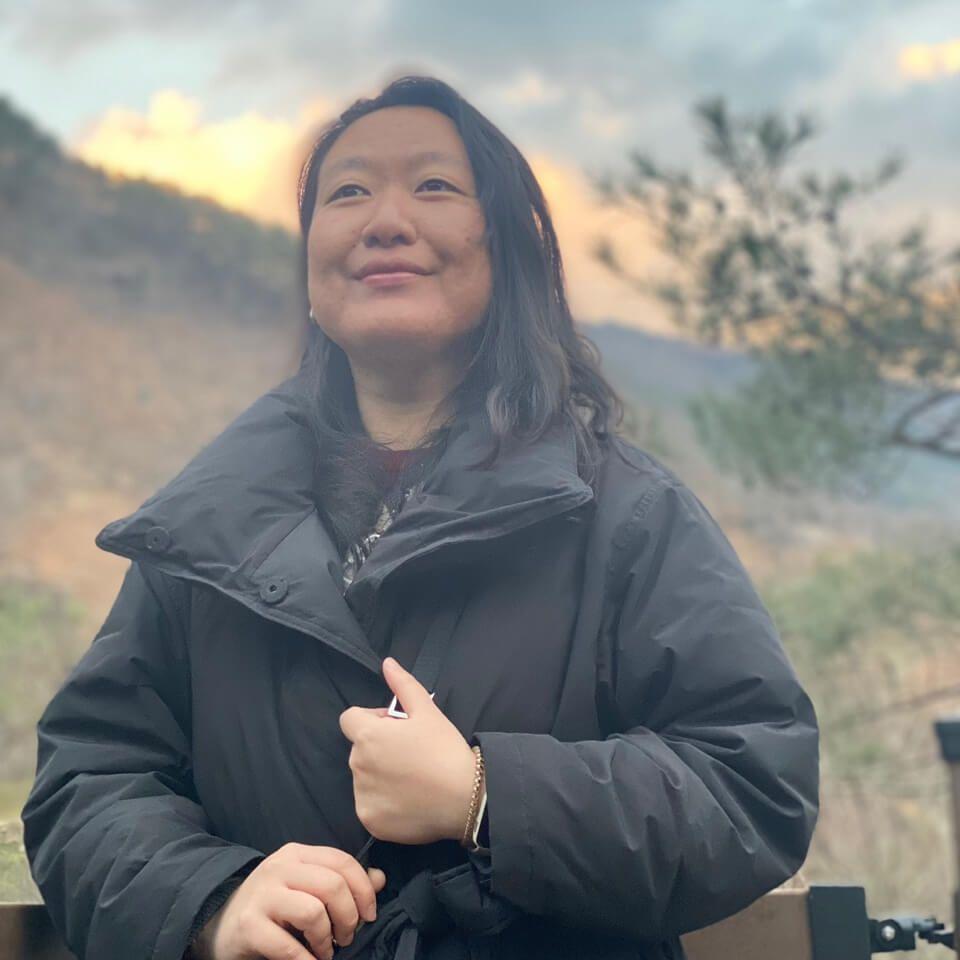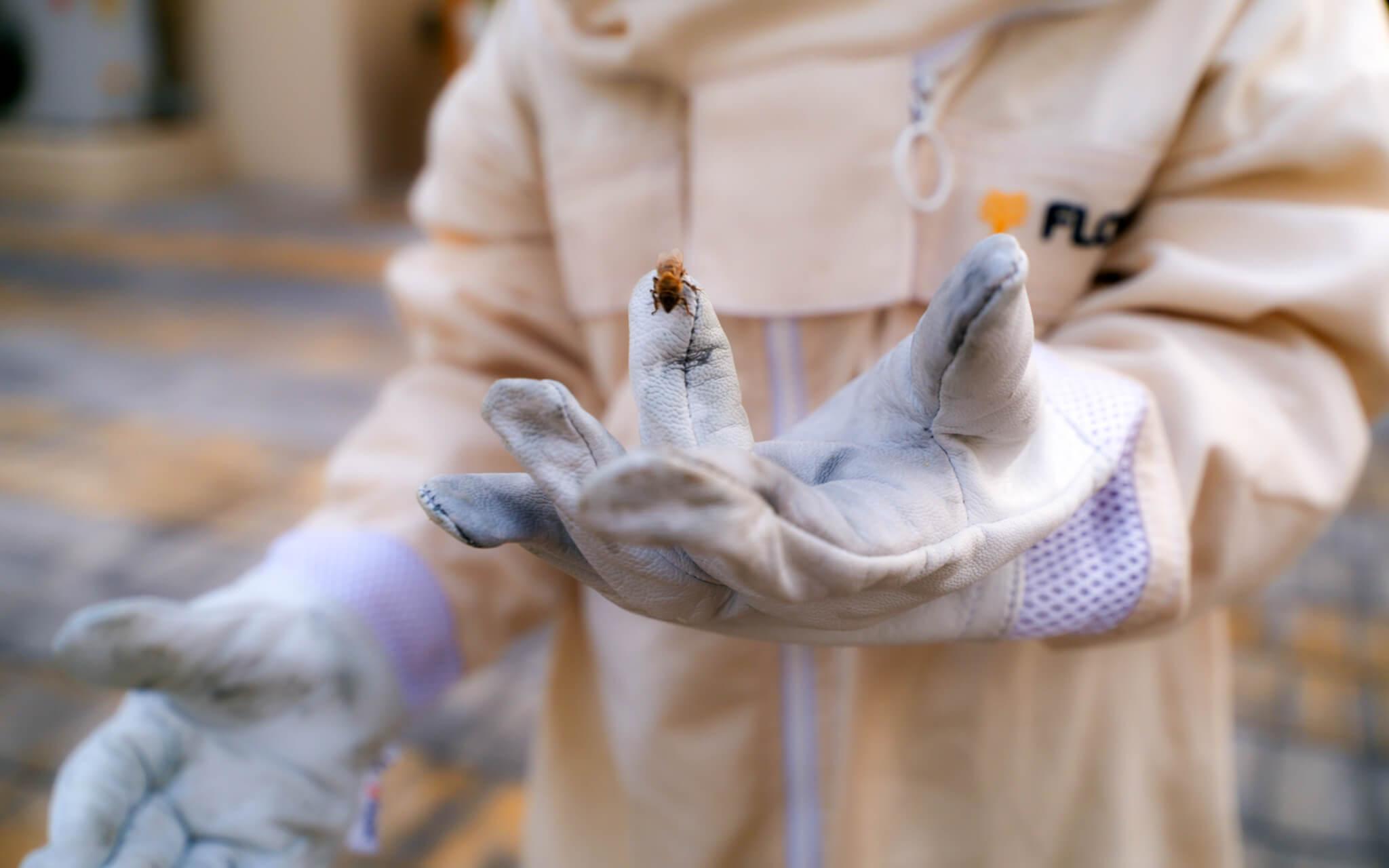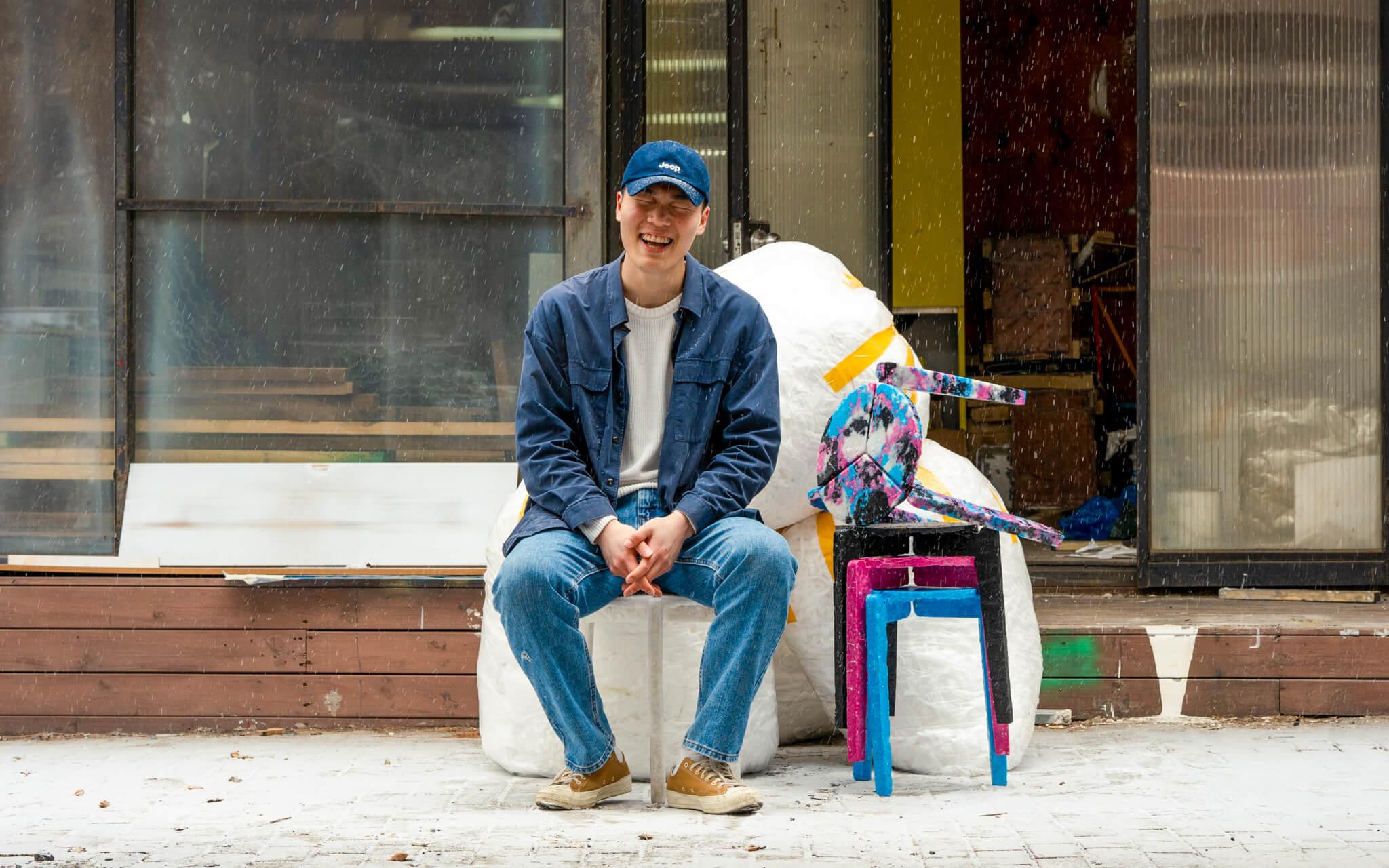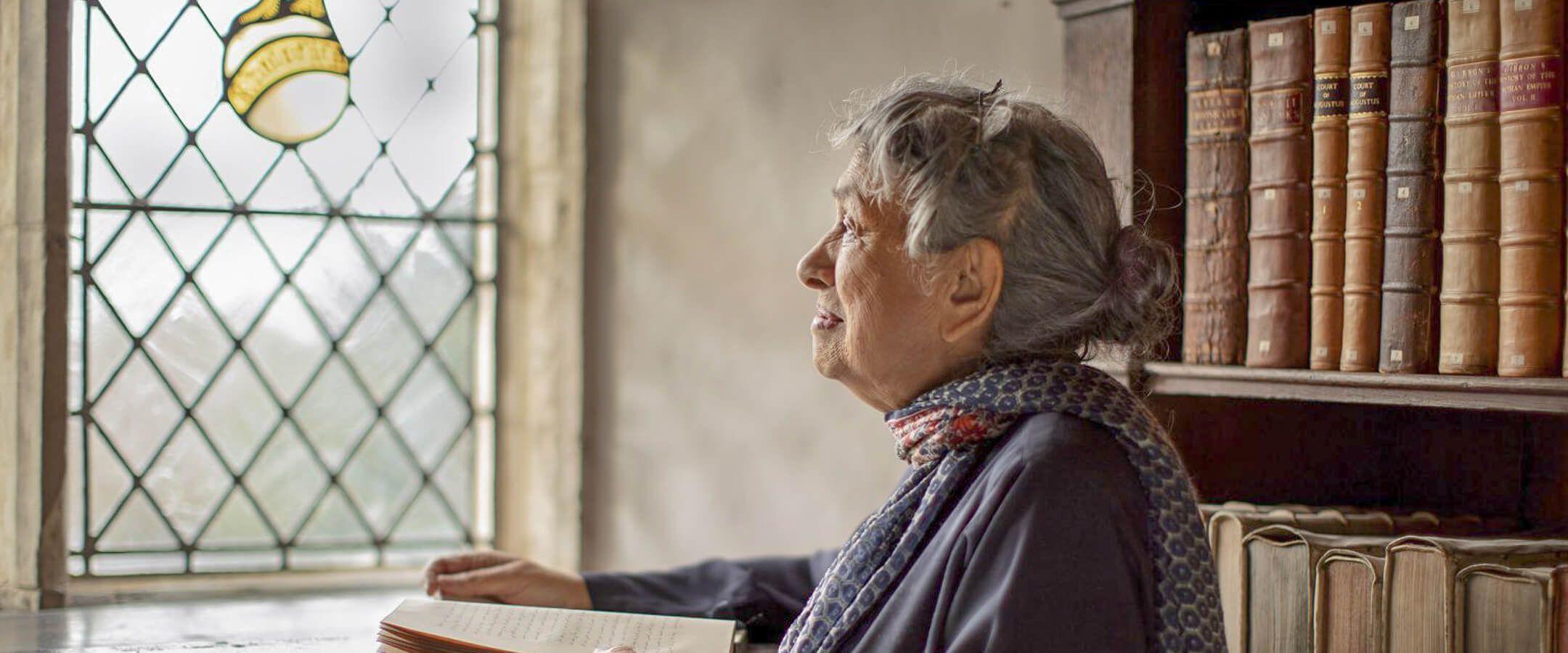People, Planet, Empathy
The Centre for Socially Engaged Theatre, or C-SET, is a research hub based at the University of Regina that focuses on empathetic storytelling for critical social causes such as climate migrant issues. An incubator where ideas and connections grow, C-SET is a place teeming with possibilities as the fascinating minds of students, researchers, and educators come together.
“We didn't have the language of climate change, but we had the consciousness of the climate…of the Earth.” Dr. Taiwo Afolabi says, recalling how he first felt the changes in the environment when he was a child in Nigeria. Despite not having the correct terminology or references, together with his parents, he sensed the ominous inconsistencies in crop yields and the summer heat that approached sooner each year.
Dr. Afolabi first went to Canada in 2015 to finish his PhD in Applied Theatre at the University of Victoria. Upon graduation, he wanted to build a platform to inspire place-based, people-centred narratives for social issues like climate justice, thus creating the Centre for Socially Engaged Theatre or C-SET at the University of Regina.
According to Dr Afolabi, theatre serves a crucial function in advocacy: compassion and awareness. “One of the things that theatre helps us do is to use stories to create processes and steps towards building empathy. Numbers are great, but what does it all mean when it's not humanised, or I don't feel connected?” he says, illustrating the possibilities of using performance arts to bridge creative expression with real-world impact.
Embodying five research clusters, including justice and policing, the creative economy, immigration, health, and decolonisation, C-SET utilises the community to develop interactive programs and collect stories while partnering with artists and theatre companies.
As Dr Afolabi says, “It’s research-based, it's collaborative, and then it's performative.” Using theories of applied theatre and devised theatre, Dr Afolabi’s team encourages community residents to share their talents and experiences, often using them to create unscripted performances. These productions, which also include podcasts and documentaries, encapsulate C-SET’s ideals, encouraging healing, spreading awareness, and amplifying marginalised perspectives.
From this research-based institution, a variety of ambitious community-engaged projects have come to life. One in particular is People, Planet, and Performance – a YouTube series of conversations about climate migration and community action.
“People, Planet, and Performance is my creation to speak about climate issues which concern the Global South, specifically Africa,” he says, deeply impacted by ways that African stewardship is keenly attuned to how Mother Earth moves and changes.
Today, much of Dr Afolabi's work is designed to shift the predominantly Western and colonialist narratives in climate change discussion to those that engage people who have long been aware and affected.
He explains, “When you live in so-called third-world countries, there are many issues that you want to tackle. The indigenous people and people of Africa feel intimate with these issues. But because they don't necessarily have the capital, we don't listen to them. If we had been listening to them, we wouldn’t have found ourselves in this mess.” He recalls Dr Wangari Maathai, the Kenyan environmentalist and Nobel Peace Prize recipient who began advocating for conservation back in the 1970s, urging young people to plant trees and protect local resources. He wonders what would have happened if we had listened to people like Dr Maathai–people whose knowledge of how to care for Mother Earth was “baked within their DNA.”
I want to create a safe space, but I also want to create a brave space, a courageous space where we can have tough conversations.
With unprecedented wildfires sweeping across countries like Greece, Canada, and Turkey, research shows that more people are displaced by climate crises than war. “We have to understand when we talk about climate refugees or those displaced by climate disasters; it's not a black person coming from somewhere else. We’re all sort of in an oven,” Dr. Afolabi says.
He believes there’s a pressing need to change the narrative that suggests climate disasters happen only to others, not to us, and to address the very real issues these climate refugees face–from practical human needs to identity crises and discrimination. Dr. Afolabi describes the trauma of the refugee experience – the trauma of new cities, new livelihoods, and, sadly, the too-frequent instances of land grabbing that occur after natural disasters. “In the midst of these huge climate realities, different corporations are going out there to take what belongs to people.”
While C-SET is more of a research centre than a theatre entity, Dr Afolabi believes that studying a person’s experience in order to build a narrative makes these issues more accessible.
In order to achieve this emotional connection with community members, actors, and researchers, Dr Afolabi incorporates the ideals of the ‘Theatre of the Oppressed’ into C-SET’s programme. A technique which allows the audience to perform the part of the socially oppressed, the ‘Theatre of the Oppressed’ encourages deeper reflection on social issues. Dr. Afolabi explains, “I want to create a safe space, but I also want to create a brave space, a courageous space where we can have tough conversations.”
Dr. Afolabi looks forward to a busy future wherein he brings C-SET and its projects to a bigger stage, such as the annual UN Climate Change Conference. His current pursuits involve issues beyond climate change, though, such as his work with senior citizens and those suffering from dementia. He also hopes to generate more diverse representation in the climate sphere, particularly in the context of decolonisation.
“Theatre creates that space for us to come down to our human level and communicate with one another. That’s why I’m really hoping to create more spaces for art,” Dr Afolabi enthuses.
“Because at the end of the day, it’s about connecting your head and heart.”
Most Popular
The Climate Tribe delivers stories about Biodiversity and Conservation, Circular Economy, Food and Water , and how they intersect with climate.
Subscribe
Get the latest stories inspiring climate action around the globe straight to your inbox.






